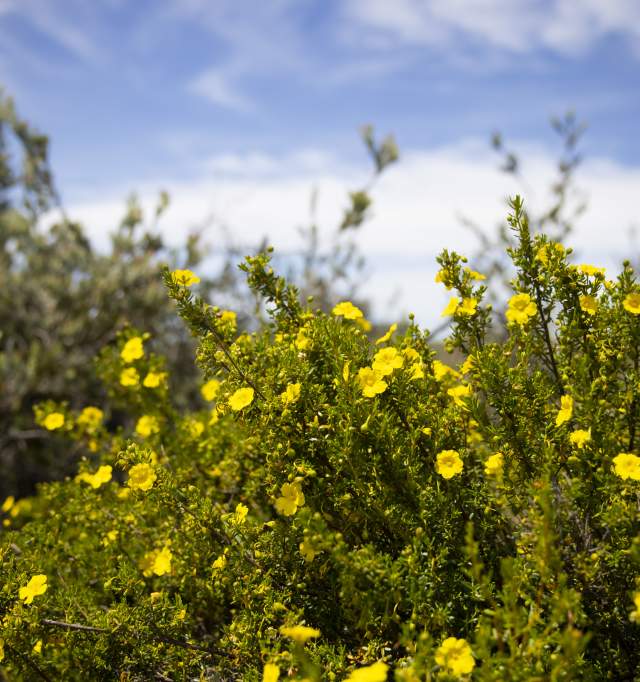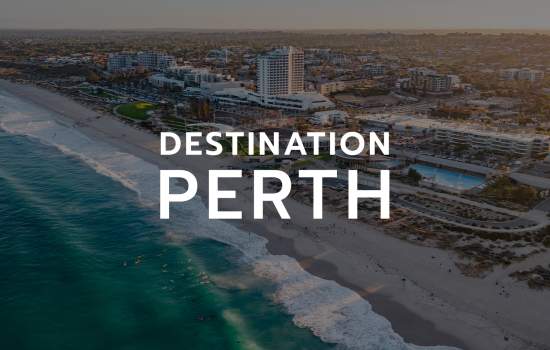Swan Valley Wildflower Trails
The Swan Valley - where wildflowers and wine tastings go hand in hand.
Whiteman Park Bushwalks
Whiteman Park has hundreds of flowering species to discover and is the idea destination for wildflower enthusiasts and the wildflower curious alike. Three bushwalk trails from 2.5km - 4.3km complete with interperative notes. Each bush trail encompasses a different and valuable facet of the wonders of the bushland, and all are well sign posted. Pick up Whiteman Park's handy pocket wildflower guide that features over 60 of the most prolific and easy to spot wildflowers found in the park. With something in flower year-round though, it will keep you busy trying to find them all.
The Goo Loorto Trail (Red Poles)
A a leisurely 3km return trip starting from the Mussel Pool picnic area. The trail follows Bennett Brook through partially cleared cattle-grazing farmland, and meanders under groves of flooded gums (Eucalyptus rudis) on the banks of the Brook. In spring, walkers will enjoy the display of golden wreath wattles (Acacia saligna) which are located in groves close to the track.
The Werillyiup Trail (Blue Poles)
A 2.5km loop starting near the Dog Park in Mussel Pool. The walk encompasses Horse Swamp, a seasonal and spectacular wetland, which is alive with the waterbirds from July to October. A lookout half way around provides an aerial perspective of the wetland.
The Wununga Trail (Yellow/Orange Poles)
The best place for wildflower spotting is along the Wunanga bush trail, where the most prolific flowering occurs, this 4.3km long trail starts adjacent to the Village Junction Railway Station. The trail allowing walkers to experience the amazing diversity that the Park's woodland has to offer, including jarrah, marri and banksia coastal plain bushland. In spring, eagle eyed walkers can enjoy trigger plants and orchids in an array of colours and forms, such as bee orchids, banded greenhoods, snail orchids and even the occasional leaping spider orchids.
The less intrepid amongst need not miss out though - the Children's Forest path and damplands around Mussel Pool are awash with pink fairy orchids, as well as the more common, yet no less delightful cowslip orchids. But these delicate beauties aside, the shrubs are where the most flowering occurs, with fluffy offerings from the likes of fringe lilies and pixie mops, the catspaw - a smaller cousin of the iconic kangaroo paw, as well as masses of wattle, spearwood, jacksonia's and so many more.
Bells Rapids Walk Trails
There are two diverse Bell's Rapid circuit walk trails to choose from - the 2.5km River walk and the 3km Goat walk. The site is noted for providing fantastic vantage points for the annual Avon Descent. Walkers can enjoy scenic views of Bells Rapids, the countryside and coastal plains, with beautiful wildflowers at certain times of the year. Find out more.
Syd's Rapids & Aboriginal Heritage Trails
The Syd's Rapids and Aboriginal Heritage walk trails are located where the Walyunga National Park joins the Swan River, 40km north east of Perth. The trails provide interpretation on the indigenous history, plants and animals of the area. Find out more.
Gidgegannup Wildflower Trail
Visit Gidgegannup to find some of Perth's best wildflower displays of yellow wattles, hibbertia and rich blue leschenaultia and rare varieties that occur nowhere else on Earth. The scenic trail drive passes through unspoilt forests of marri, jarrah, powderbark and wandoo trees. Find out more.
Wandoo Heights Wildflower Trail
This 45 min - 1.5 hour walk has an amazing selection of wildflowers and native plants. You'll find onsite signage for directions and interpretive flora maps. Wildflower highlights include Kangaroo Paw, Everlastings, Orchids and Sundews. Find out more.
F.R. Berry Reserve
Located in the town of Gidgegannup, the F.R. Berry Reserve is becoming an increasingly popular hotspot where you'll find several rare species of wildflowers like vanilla sun orchids along with animal life including honey possums, Gould's monitors, bobtails, green tree frogs, Weebils, Splended Fairy Wrens and the endangered Carnaby's Cockatoo amidst the woodlands. Find out more.


